Italian president warns against grave risk of 'extreme nationalism'
Italy's President Sergio Mattarella has warned against the "grave risks of extreme nationalism" amid rising racially-motivated violence against refugees in the European country.
Mattarella made the remarks on the eve of "Remembrance Day" which commemorates political and ethnic cleansing of Italians between 1943 and 1945 in the country's northeastern border.
"Remembrance Day marks an agonizing chapter for our country..., a tragedy caused by a calculated initiative to purge on an ethnic and nationalist basis," AFP quoted the Italian president as saying on Friday.
"The massacres, violence and suffering endured... cannot be forgotten, minimized or suppressed," Mattarella added.
These events "make us aware of the grave risks of extreme nationalism, ethnic hatred and systematic violence spurred by ideology," he said.
Yugoslav troops massacred thousands of Italians between 1943 and 1945, throwing both the dead and alive victims into "foibes," deep stone cavities in the border area with Slovenia and Croatia.
Mattarella's anti-racism remarks come as the issue of nationalism and immigration have turned into a major bone of contention ahead of Italy's parliamentary elections on March 4.
Italy has faced the flow of over 630,000 refugees since 2014.
On Saturday, a right-wing extremist went on a racially-motivated shooting spree in the central city of Macerata, injuring several Africans refugees.
The 28-year-old assailant, Luca Traini, said the attack was in retaliation for the murder of an Italian woman allegedly by a Nigerian asylum seeker.

On Thursday, Macerata was the scene of clashes between the police and supporters of the right-wing group "Forza Nuova" who staged a rally in support of Traini's actions.
In response, several pro-migration associations in Macerata have called for peaceful counter-rallies this Saturday.
On Thursday, Doctors Without Borders warned that nearly 10,000 refugees are living in inhumane conditions in Italy because of inadequate reception policies, urging national and local authorities to ensure that all refugees in Italy have access to medical care, shelter, food and clean water, regardless of their legal status.
In December 2017, Italian Prime Minister Paolo Gentiloni announced the country's plan to dispatch 470 soldiers to Niger to help the West African nation stem the flow of Europe-bound refugees.
Read more:
Economic refugees use Agadez, the main city in central Niger, a gateway to reach Europe via Libya.
According to the latest figures released by Italy’s Interior Ministry in December 2017, there has been a significant reduction in the number of refugee arrivals by more than two-thirds since July. Over 119,000 refugees had landed on the country’s southern shores this year, a drastic fall compared to 2016 that saw a record of 181,000 arrivals.

The reduction in the number of refugees came months after Rome reached an agreement with Libya’s internationally-recognized government and militia groups backed by it to stop departures from the country.
The agreement, which has gained the endorsement of the European Union and other Western governments, has faced fierce criticism from rights campaigners who say it has left hundreds of thousands of refugees across Libya in dire humanitarian conditions. The criticism exacerbated following the release of a video on the internet which showed Libyans trading refugees in a slavery market.
However, the Italian government and the ruling Democratic Party (PD) has boasted about the deal and its impact on refugee flow, especially in the lead-up to the upcoming elections.
The route across the Mediterranean from Libya to the north has been the deadliest for refugees in the world. The International Organization for Migration estimates that 20,000 have died while taking the route over the past years. It said the deaths at sea fell by more than 38 percent in 2017 when 2,833 were killed compared to 4,581 in 2016.
Iran urges Security Council to address 'belligerent' Israel's atrocities in Gaza, region
VIDEO | Leader meets workers on Labor Week
French police called in to break up US-style pro-Palestinian student demo
VIDEO | US continues starving Syrians, stealing their resources
Yemeni forces strike Israeli ship, Port of Eilat in solidarity with Gaza
Columbia, Yale students bent on ending US support for Israeli genocide
VIDEO | Genocide in Gaza
Iran calls on BRICS to play role in stopping Israeli crimes


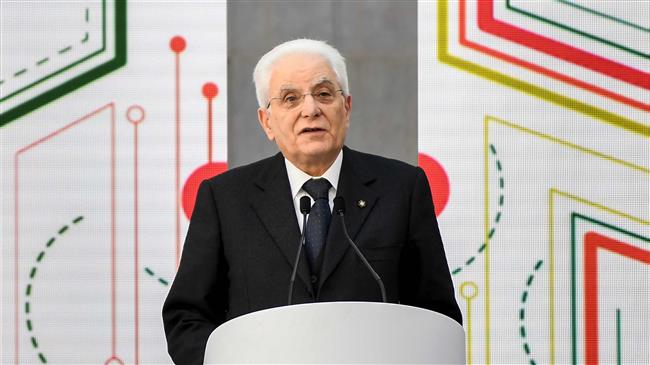
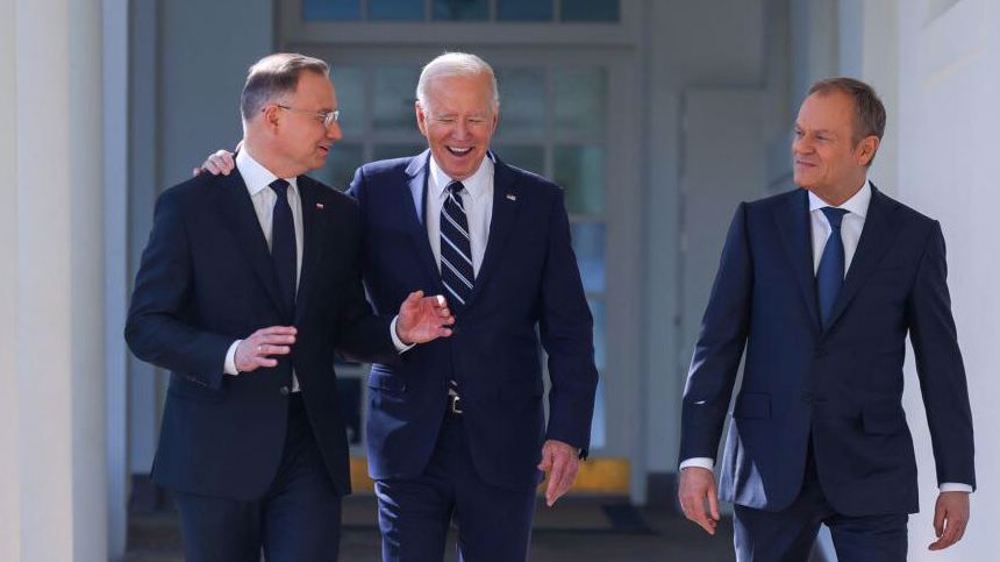
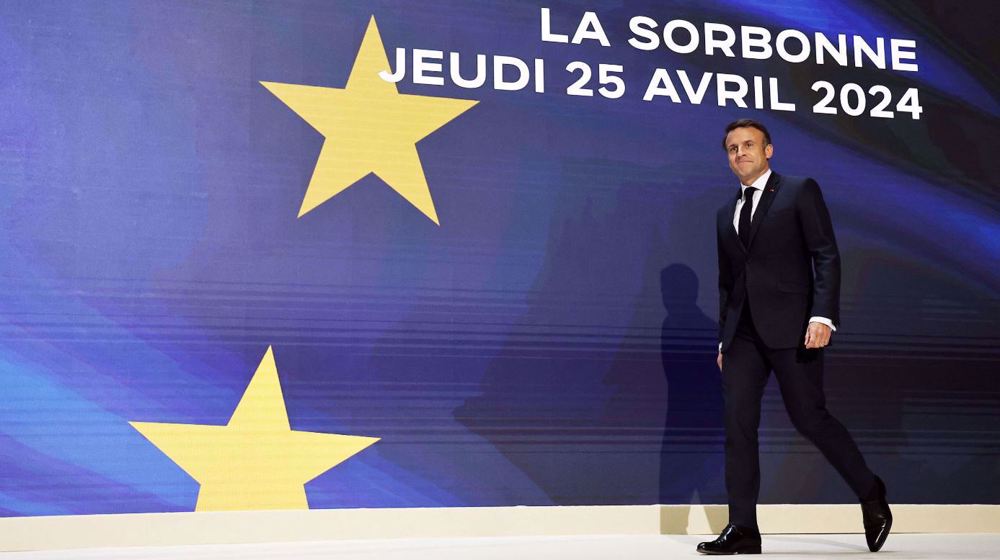
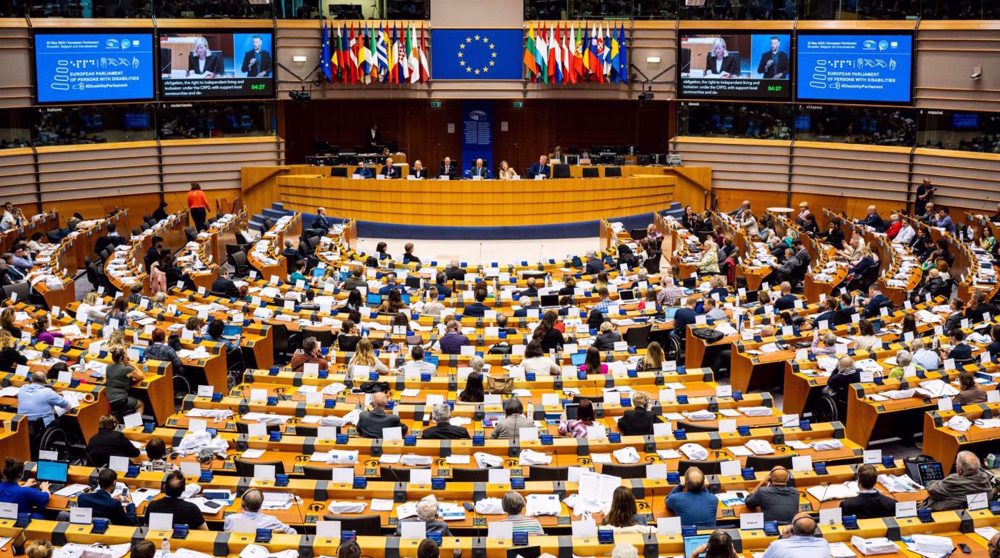




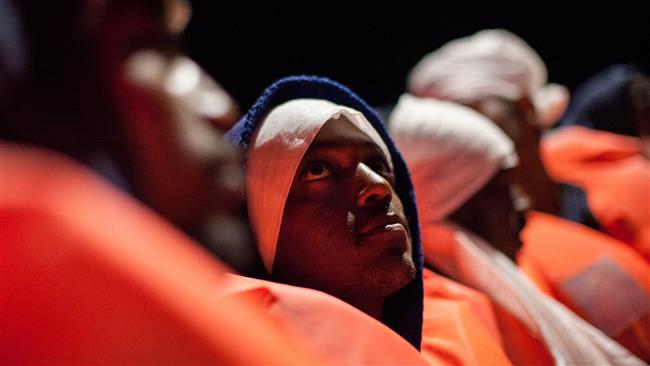
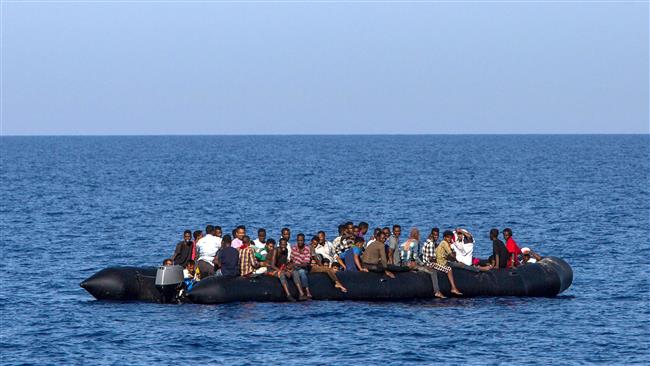

 This makes it easy to access the Press TV website
This makes it easy to access the Press TV website